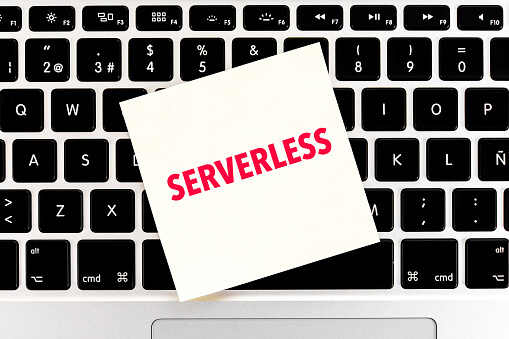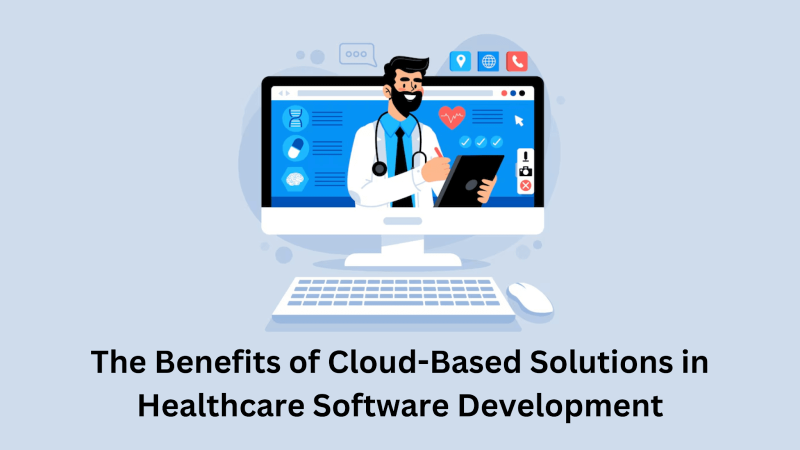Comparing Serverless Architecture Providers

Since its inception, cloud computing has grown rapidly. Nowadays, it’s not a question of whether or not to imply cloud computing but it is all about which cloud services to opt for. The advent of cloud computing has opened up the gate for many businesses to offer a new range of services. Azure, AWS, and Google are the three contenders who stand at the top in this sector. They have a long and strong rivalry in the market. People in need of cloud services have to compare AWS vs Azure vs Google Cloud to find out what is more suitable for their business. This has now become a topic of debate. Therefore in this blog, we are going to discuss these cloud service providers individually and then we will compare them to finalize the winner.
Azure
Azure is a cloud computing company that provides virtual machines, virtual networks, and other services to customers. The company has its programming languages — including C# and F# — as well as tools for mobile app development.
Azure also has its hosting service, which means you don’t have to worry about managing servers or deploying new ones. If you want to use an existing server that’s already running other services on it, Azure can’t connect to it via their proprietary application programming interface (API).
Azure provides all the necessary components to build your app: hardware, software, connectivity, and even data storage. Azure offers two main deployment models:
Cloud Services Model – This model is based on virtual machines (VMs). You can choose from one of the many VM sizes available or create your own custom-sized VM for database operations. You can also use this model for other needs such as multi-tenancy or high availability.
Multi-Tenant Model – This model is based on containers (VMs), which are isolated from other tenants within the same region but share resources with each other. You can choose from one of the many container sizes available or create your custom-sized container for database operations. You can also use this model for other needs such as multi-tenancy or high availability
If you’re looking for a cloud provider that has a global presence, then Azure is the way to go. It also offers a platform as a service (PaaS), and infrastructure as a service (IaaS) as a part of its cloud services package. The catch is that you can subscribe to it directly on their portal or even through third-party providers.
Azure supports many different programming languages including .NET, Java, PHP, Node.js, and Python. The company also offers prebuilt frameworks such as React Native and Firebase. One of the best things about Azure is that developers don’t need to be experts in the underlying technology; they only need to know how to write code.
Also Read: Tips for Starting a Successful Cloud Computing Business
AWS
Amazon Web Services (AWS) is a cloud computing company that provides IT infrastructure, platform as a service, and software as a service to companies and organizations.
Amazon Web Services provides a robust set of services for building, deploying, and managing infrastructure. These services include:
- Amazon S3 provides storage in the cloud, which can be customized to meet specific business needs.
- Amazon EC2 is a cloud computing service that allows organizations to host virtual servers on AWS servers. Users can launch virtual servers in minutes instead of having to buy hardware and configure it themselves.
- Amazon Simple Queue Service (SQS) provides queuing in the cloud to help manage messages between processes.
- Amazon DynamoDB provides a NoSQL key-value store that’s highly scalable, durable, and available at any time.
- Amazon Relational Database Service (RDS) is an Amazon RDS database instance type that provides MySQL or PostgreSQL database management features. RDS uses Amazon S3 storage for data backups.
AWS is popular around the world for its infrastructure as a service (IaaS). You can get everything you want from their suite of services, may it be application hosting, databases, or even storage. AWS offers its integrated development environment (IDE) which is known to be very helpful to developers in creating applications.
AWS Lambda supports Python, Java, and Node.js, giving you access to the most popular languages used by developers today. You can also use your code as long as it’s compiled for the runtime environment (Java/Node).
Google Cloud Provider
Google Cloud is a powerful and comprehensive cloud platform that helps you to build and run your applications. With Google Cloud, you can use industry-leading technologies like Kubernetes, Machine Learning, Flux, and much more to build DevOps-ready applications in the cloud.
Google Cloud Provider offers a large array of services that can help you build and manage your cloud-based infrastructure. These include computing resources (CPU, memory, storage), storage, networking, and software development tools like Google Cloud SDKs and Google Compute Engine.
You can use this solution to build applications as well as deploy them using Kubernetes as well as container-based technologies like Docker and Docker Swarm through Google Container Engine.
Google Container Engine is an open-source project developed by Google that allows you to run Docker containers on a single machine or across multiple machines in a cluster. It provides a set of tools for managing clusters, scheduling tasks on these clusters, monitoring the status of these clusters, managing security for these clusters, etc.
Google Cloud Platform offers a wide range of features including:
- Cloud Machine Learning Engine (TensorFlow): TensorFlow is an open-source machine learning library developed by Google.
- Data Storage: Provides storage for data generated from your servers and applications.
- Migration & Transfer: Migrate existing on-premise applications to the Cloud without replicating data, managing complex migrations, or managing firewall rules.
The company also offers its suite of developer tools like the GCP Marketplace and GCP Command Line Interface (CLI).
AWS vs Azure vs Google Cloud: What is Best for You?
Now it is high time that we close the curtain on this whole Azure vs AWS vs Google Cloud situation. We are going to compare all these providers quickly on some standard parameters and look at their pros and cons to figure out who is the real winner here.
- Availability – AWS covers the most number of regions and availability zones, so the winner in this is AWS.
- Market shares – AWS covers almost one-third of the total market shares at its name, so once again AWS is for the win.
- Growth rate – No one can exceed the 100% growth rate of GCP, so that’s the undisputable winner on this matter.
- Services:
- If we consider the variety of services or the highest number of services offered by these cloud providers, then the winner is AWS.
- But if we talk about mostly or easily integrated services then it’s Azure. Because it can be easily integrated with open-source or on-premise systems like MS tools which are used in almost all organizations.
- Pricing Models: in this case, the winner is the Google cloud provider. They offer the most customer-friendly prices and discount models.
So from these parameters, we shall conclude that AWS who came ahead in most points is the clear winner among all three. But there isn’t any guarantee that AWS can stay at the top for a long. Technology changes every day, and new trends come and go within a flash. Besides, other contenders are also working relentlessly to position themselves at the top.
Also Read: Cloud Software Design: Dos and Don’ts
AWS indeed was the first of its kind and that’s a big advantage, but other contenders also possess a unique set of strengths. Many organizations opt for Azure cloud because it is for them to integrate it with their MS tools. And for GCP, people are attracted by its pricing models of their infrastructures on which they run youtube and google search engines.
Considering all things, it is safe to say that choosing the cloud service provider depends largely on your business requirements. So it doesn’t matter how good their discount is or at what corner of the world are they able to provide services or how easily integrated it can be if their features don’t match your needs, what use do you have of it then?
With this, allow me to conclude this blog, I hope it was helpful to you in your quest to find the right cloud service provider.






